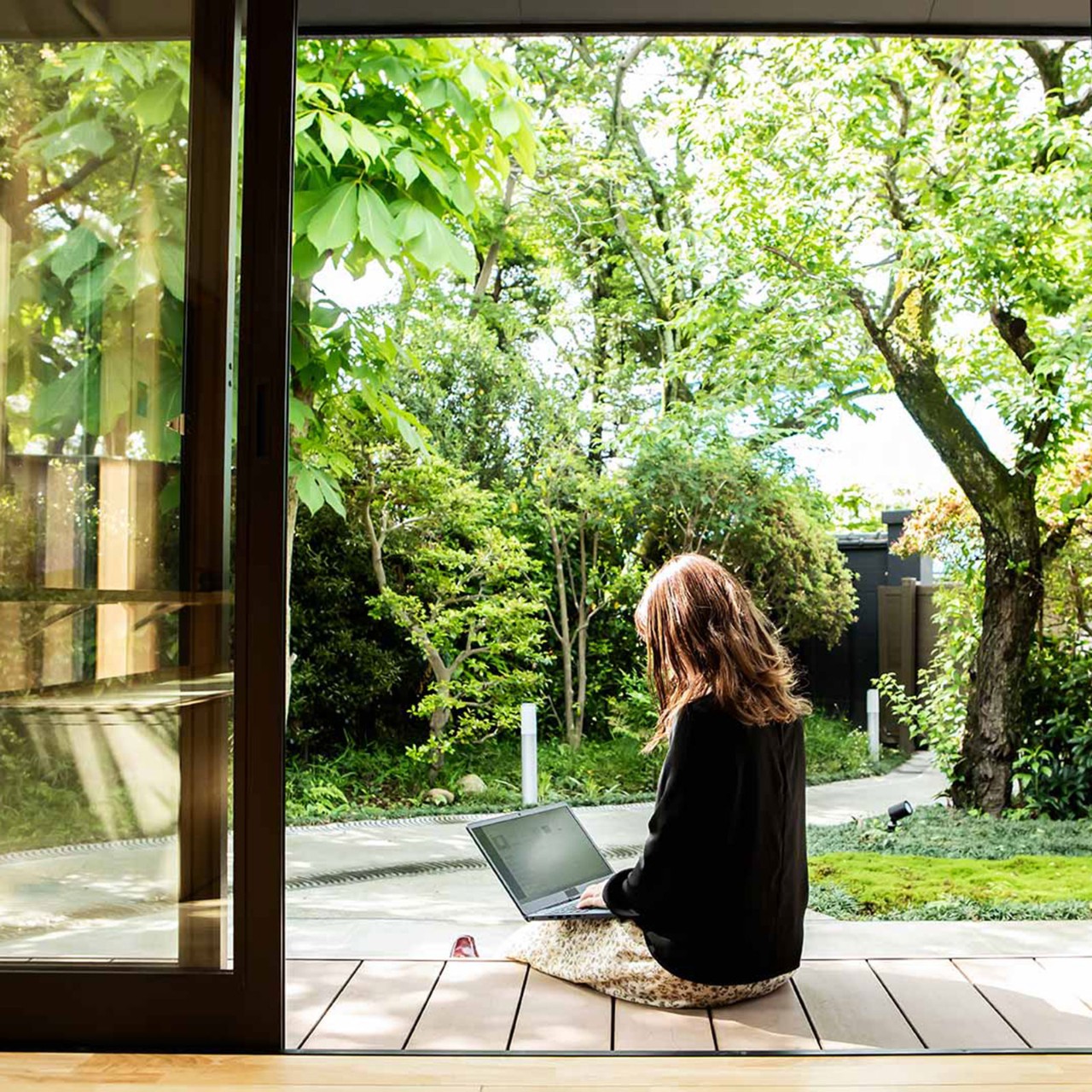
I was catching up with an old friend and ACCA member in Dublin last week, and we talked about the ways our profession had changed in the last 30 years.
We chatted about how technology removed lots of the duller, routine, repetitive tasks that were a big part of our lives when we were young accountants. We also discussed how it brings extra pressures, too, with the ceaseless challenge of keeping up with innovations and new skills.
It seems odd to imagine it now, but when I began teaching there was real debate about whether digital devices should be allowed in lecture rooms. By the time I retired, students were equipped with an array of devices for making notes and to create and share their own work. In the end, technology was accepted as an essential aid to study and the acquisition of knowledge.
Many struggle with technology – especially older accountants who haven’t grown up with it
This conversation was fresh in my mind as I read our new report Global Talent Trends 2024, and I found myself nodding with recognition. It resonates so clearly with what I know about the challenges faced by accountants today.
It is especially insightful in the areas of digital progress and artificial intelligence; in mental wellbeing; and in diversity and inclusion.
Tech overwhelm
I’ve described how younger accountants accept technology. It’s part of who they are. But many struggle – especially older accountants who haven’t grown up with it. As the report says: ‘Almost half of respondents say they are overwhelmed with the pace of change, with Baby Boomers the most likely to feel anxious’.
I understand that. And we should remember that the experience of technology is more nuanced than we sometimes make it out to be.
Boost diversity
The report also makes it clear that we have plenty more to do in ensuring that our profession is as diverse and inclusive as we want it to be.
ACCA’s future lies in opening up the qualification to the widest possible number of applicants
ACCA’s future lies in opening up the qualification and membership to the widest possible number of applicants. Yet there remains a perception that accountancy belongs to a particular strata of society, and that businesses recruit people who look like those they already employ. There is an implication that ‘employers are stifling creativity and innovation by failing to recognise broader markers of diversity in the workplace’.
Not-so-wellbeing
The issue of mental wellbeing at work is problematic. On the one hand people plainly feel more stress because of the speed of change. On the other, I believe we are better at recognising stress, and better at understanding the needs of individuals.
Far too often, there was an attitude that if you had a problem, you wiped your nose and got on with it
Stress isn’t a new phenomenon, of course. We always had students in distress, struggling to cope. I tried my hardest to listen, to understand, to empathise, and sometimes – where appropriate – to suggest places they could go for professional help. But that was by no means the universal response. Far too often, there was an attitude – in academia and in business – that if you had a problem, you wiped your nose and got on with it.
Happily, those attitudes are much less common. But again, our report suggests that there is more to do. Nearly 60% of respondents said that their mental health suffers because of work pressures, and 63% would like more support from their employer. Just over a third have considered resigning from their job because of wellbeing issues.
None of this changes my view that accountancy is a wonderful choice of profession, full of exciting opportunities and the chance of a fascinating and rewarding career. But we also know that it isn’t immune from the issues society throws at all of us. I am so pleased that this report reflects a sincere willingness to listen, to understand, and to respond to these real challenges.




